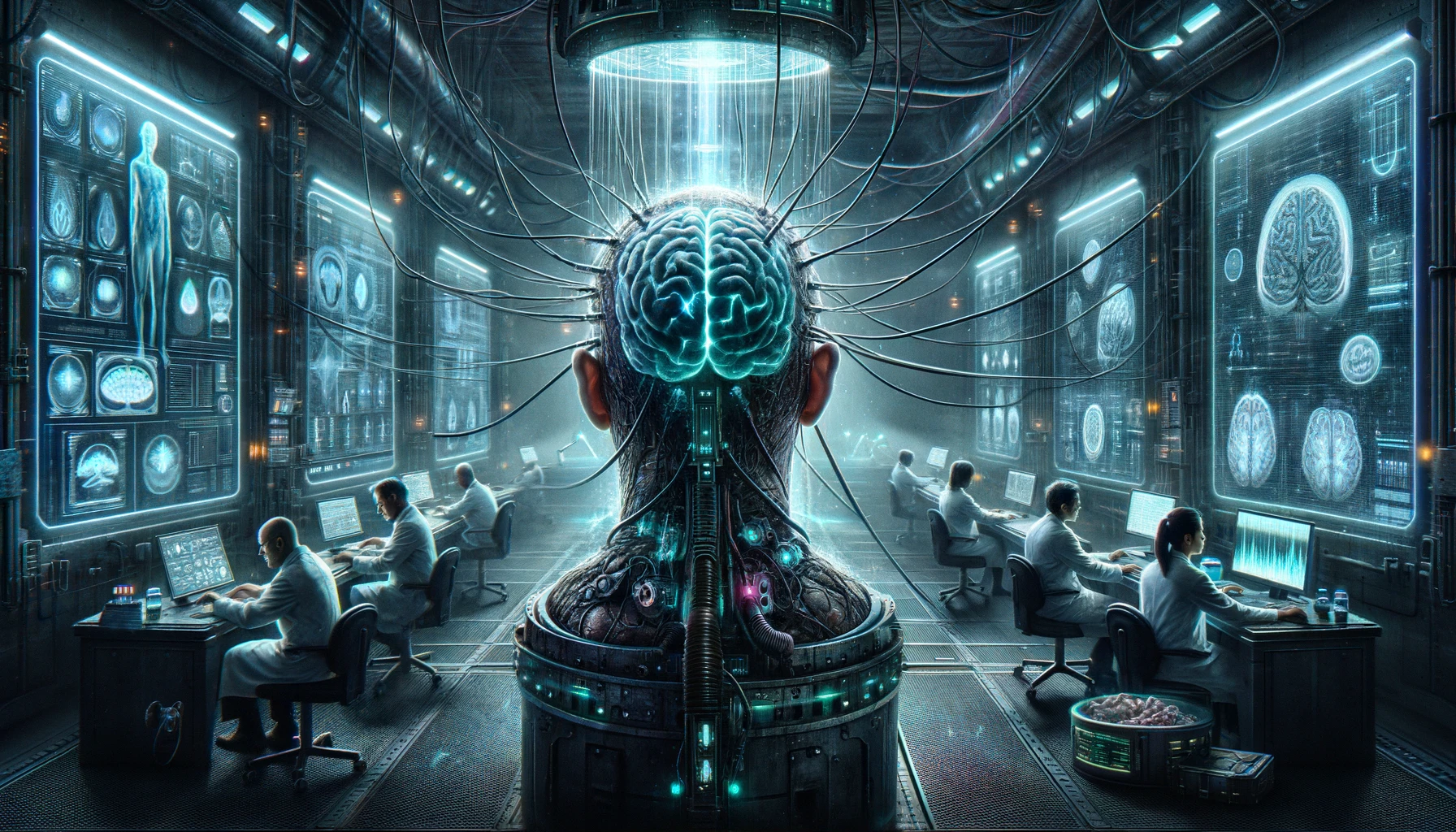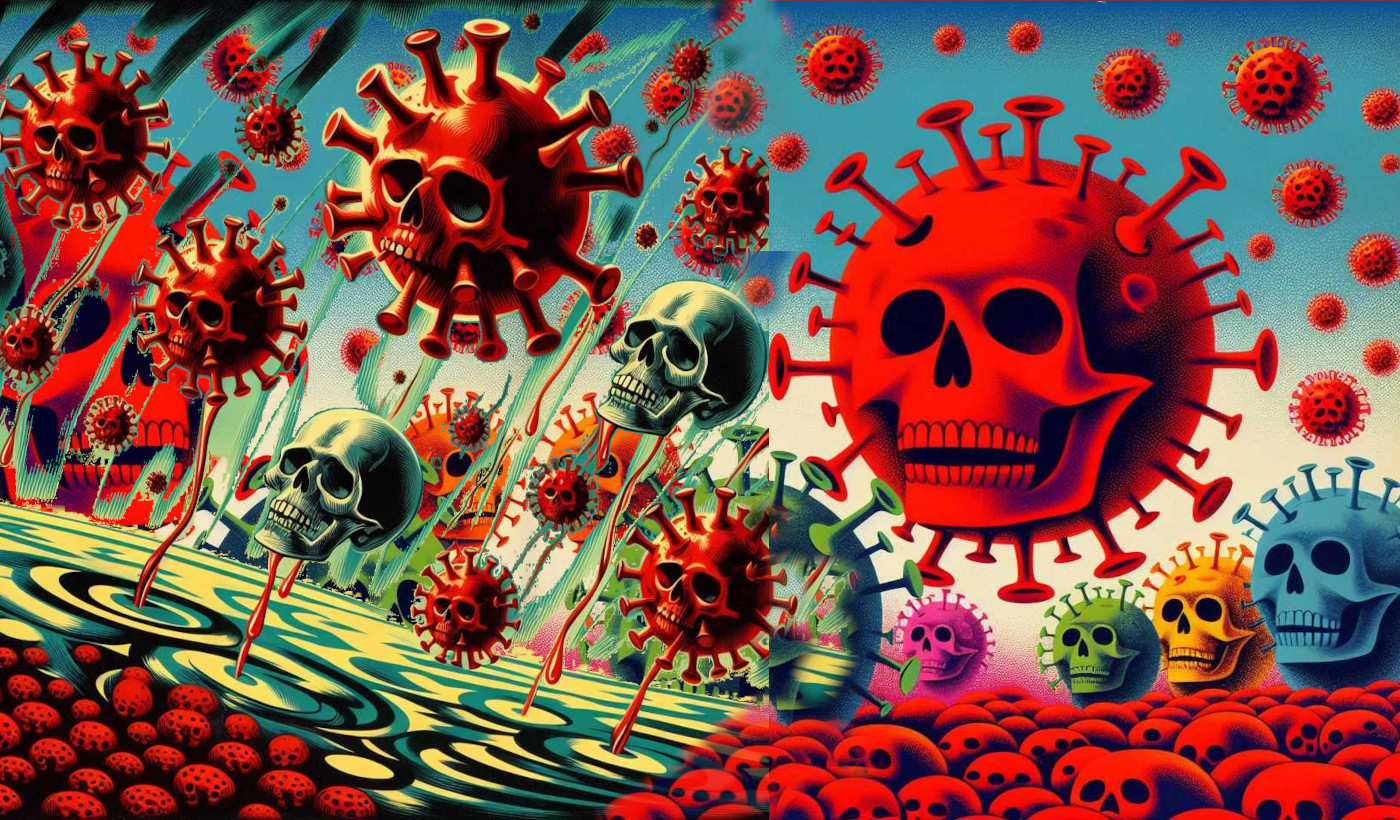‘di Redazione
Non è facile scrivere un ricordo per un uomo che ha sempre comunicato un netto senso di un gioioso ed eterno presente.
Emilio Del Giudice si laurea in Fisica a Napoli all’inizio degli anni ’60 del XX secolo, seguendo i suoi sogni giovanili alimentati dai libri della tradizione progressista che vedevano la scienza come avanzamento per l’umanità . Appena laureatosi e preso contatto col mondo della ricerca, fu colpito negativamente dall’imperante eccesso di tecnicismo e molto spesso ne traduceva l”aspetto concettuale con grande chiarezza, rendendolo trasparente anche ai non addetti ai lavori. Proprio per questo divenne molto popolare e amato anche al di fuori del mondo scientifico. Le sue relazioni, rigorose eppur ricche di immaginazione, grazia, ironia e saggezza, aprivano la mente e il cuore.
Negli anni settanta del ‘900, Emilio Del Giudice fu attivo nelle coeve agitazioni politiche sociali, maturando la consapevolezza che il pensiero scientifico che ogni epoca esprime è sempre in stretta relazione con le aspirazioni di cambiamento e di emancipazione sebbene contrastate dai freni della conservazione, e che il tipo di scienza che in ogni epoca è stata costruita aveva sempre strette relazioni coi sogni, le aspirazioni, le velleità della gente che l’aveva costruita e che quindi i periodi di avanzamento (o di regresso scientifico) coincidono sempre con i periodi in cui gli occhi della gente sono più aperti (o più chiusi).
Dopo la permanenza e le ricerche sulla fisica delle particelle al MIT negli USA e al Niels Bohr di Copenhagen, Emilio introdusse tra i suoi principali interessi la fisica dei sistemi viventi, che portò avanti collaborando con il grande Herbert Fröhlich. Poi, l”incontro con il fisico che sarebbe diventato il suo grande amico, Giuliano Preparata, dette ulteriore grande impulso alle sue ricerche in questo settore, e si concretizzò in una densa produzione scientifica sul ruolo della coerenza nella materia vivente.
Il cuore del pensiero filosofico-scientifico di Emilio è la riscoperta e l”elaborazione del concetto che la materia non è inerte, ma capace di automovimento, riconnettendosi così con le intuizioni di Giordano Bruno e di Karl Marx, che lui amava citare. La sua ambizione era quella di mostrare con le più recenti teorie della fisica come la psiche emerga dalla materia.
L”eredità che Emilio ci lascia è l”incitamento a far sì che la scienza torni ad essere filosofia naturale e non una mera tecnica di dominio e sopraffazione dell”uomo sulla Natura. Il suo è quindi un messaggio di gioia per quanti condividono e lavorano per questo progetto.
Almut Beige (Leeds), Marco Bischof (Berlino), Massimo Blasone (Salerno), Larissa Brizhik (Kiev), Antonio Capolupo (Salerno), Antonella De Ninno (Roma), Vittorio Elia (Napoli), Elmar Fuchs (Leeuwarden), Luca Gamberale (Milano), Roberto Germano (Napoli), Mae-Wan Ho (Londra), Alfredo Iorio (Praga), Pierre Madl (Salisburgo), Nadia Marchettini (Siena), Luc Montagnier (Parigi), Elena Napoli (Napoli), Massimo Piattelli-Palmarini (Tucson), Gerald H. Pollack (Seattle), Patrizia Stefanini (Milano), Alberto Tedeschi (Milano), Carlo Ventura (Bologna), Giuseppe Vitiello (Salerno), Vladimir Voeikov (Mosca).
———————
AN INFINITE VACUUM FOR THE NEW SCIENCE On January 31, 2014 Emilio Del Giudice (theoretical physicist, “Prigogine Medal” 2009) has left us.It is not easy to write of a man who always expressed joy and the feeling of a never ending time, in the occasion of his death.
Emilio Del Giudice, took his degree in Physics in Naples at the beginning of 60s of XX century. His dreams grew into the realm of the humanistic tradition in which science is strictly related to the advance of the mankind. As a young graduated he was negatively impressed by the overwhelming importance given by his colleagues to the technicality of the mathematical formalism to the detriment of the underlying concepts. He was beloved by many for his great ability in translating the hardest concept of physics and making them understandable and enjoyable even to the
non- specialists. At the same time, his talks where very rigorous in spite of their apparent simplicity, full of imagination, humour and grace, able to open the minds and the hearts.
In the 70s, Emilio was very active in the social and political struggles of those years aimed to the progress of the society. He was strongly convinced that scientific ideas just reflect the general vision of the society and of the relationships among individuals. In such a way scientific revolutions have their counterpart in social changes promoting the process of human growth and emancipation from oppressing bounds. The restoration forces act against the new paradigms and often new scientific theories are rejected because they lead to a new vision of the social order. In such a view advances in science correspond to social progress and vice versa.
After a period spent at MIT in Boston and at Niels Bohr institute in Copenhagen, working in high energy physics, Emilio focused his efforts on the study of the physics of living systems, following the standpoint of his teacher and friend Herbert Froehlich. Few years later he met in Milan, Giuliano Preparata, who became his great friend. Their collaboration was very fruitful: they produced a vast literature on the coherent properties of condensed matter and they stressed the relevance of coherence in the living organisms.
The core of Emilio’s philosophical and scientific thinking has been the re-discovery and the elaboration of the concept that the matter is not passive, but it is instead capable of an intrinsic dynamics (auto-motion), according to the teaching of Giordano Bruno and Karl Marx, who Emilio loved to quote. His major aim was to unveil how psyche emerges from the matter.
Emilio’s heritage is the effort to look at science as a natural philosophy and not as a way to manipulate the Nature in order to submit it to the mankind needs.
His teaching has been a joyful message for everyone willing to share this project.
L’ultimo saluto ad Emilio Del Giudice avrà luogo Lunedì 03 Febbraio 2014, alle ore 11, c/o Forno Crematorio di Milano, Piazza Caduti e Dispersi in Russia, n.1, Lambrate (MI).
[url”Torma alla Home page”]http://megachip.globalist.it[/url]‘


